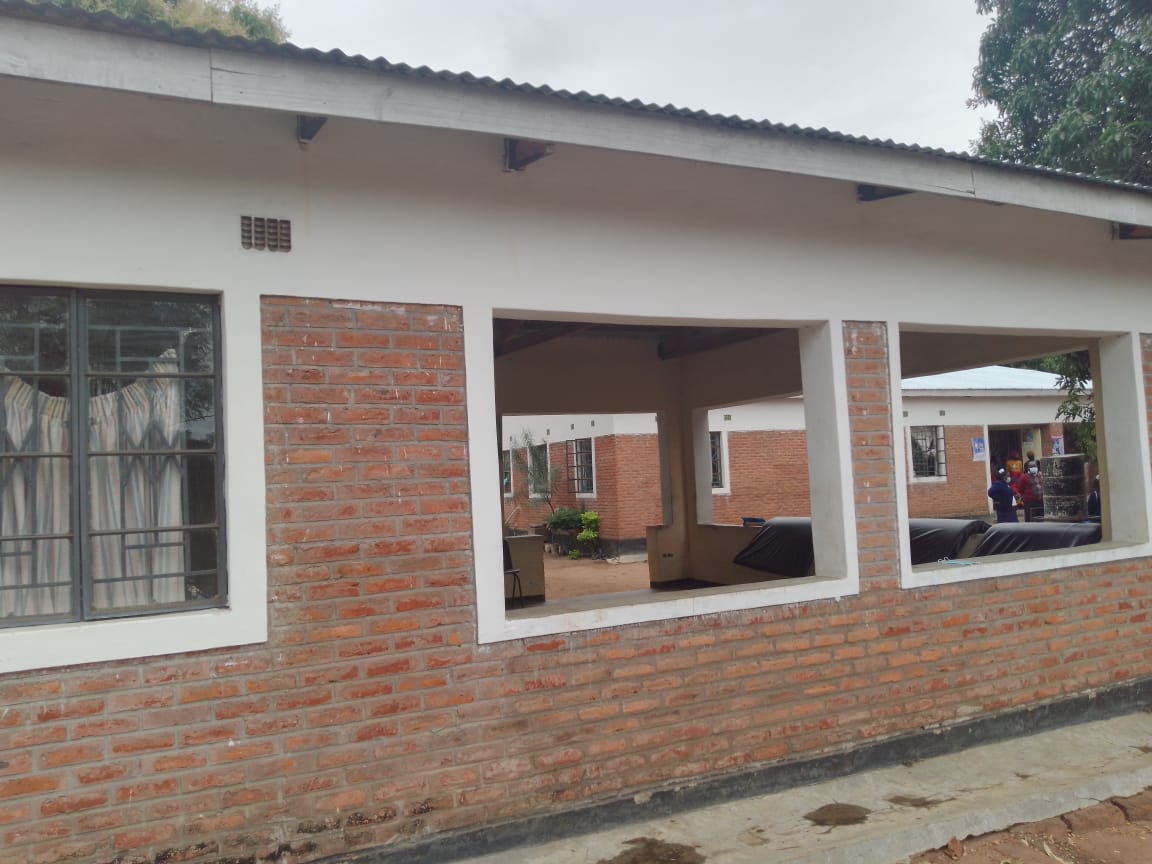NGO donates 45 million health facility in Salima
Starfish Malawi, a faith-based organization, has donated a K45 million health facility to Salima residents in order to combat various health issues in the district.
Malawi: Starfish Malawi, a faith-based organization, has donated a K45 million health facility to Salima residents in order to combat various health issues in the district.
Founder of Starfish Trust, Chris Knot, stated that they thought it was prudent to provide the health centre as a solution to various health issues that affect people in the area.
"We were given this health care unit in the hope that it will be a solution to issues ranging from HIV Testing and Counseling (HTC), under five-clinic, and outpatient care support," Knot explained.
Salima Central Constituency legislator Gerald Kapiseni praised Starfish for its excellent work in promoting health service delivery in the district.
"As a government, we are very excited about the Star development because it will alleviate the challenges of traveling long distances to access health care," said Kapiseni.
He also praised the organization for its plans to build a maternal wing in the district.
In turn, Dr. Yonas Chise, Director of Health and Social Services (DHSS), stated that the health department is pleased that the initiative will benefit so many communities in the district.
"We are very excited to see the facility and hope to contribute to improved health services in the district," Chise said.
Speaking on the sidelines of health development, Salima resident Enock Phiri thanked Starfish for their timely support of a health centre, which they had been requesting.
"It was difficult for us here because we had to travel 14 kilometers (KMs) to access health care support at Our district and Baptist hospitals in that we are so grateful and greatly honoured to have a hospital in our area and we would love to see a maternity wing being constructed," Venus explained.
The health centre is located in Salima's Ngolowindo Traditional Authority (T/A) Maganga and has a capacity of 13,768 people, 18 gazetted and 47 ungazetted villages, and a single static and four outreach clinics.





